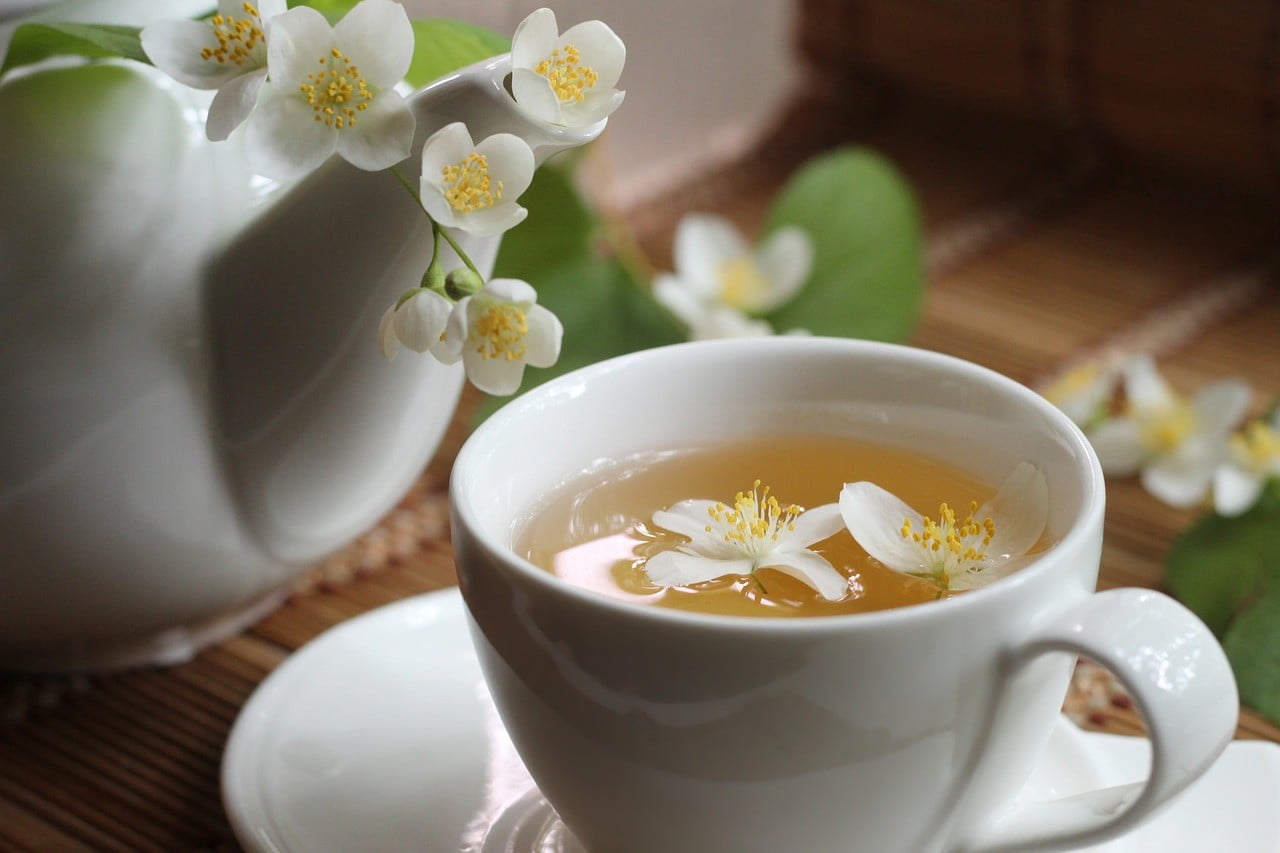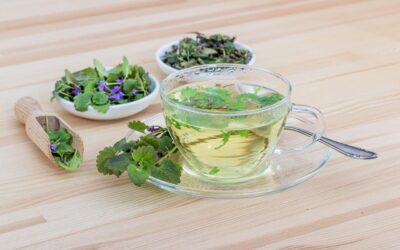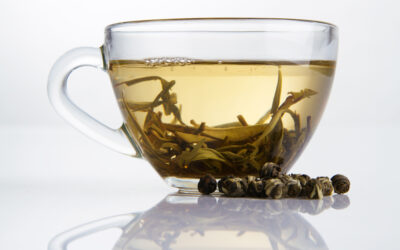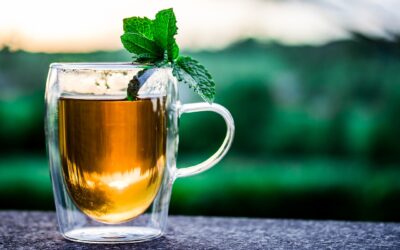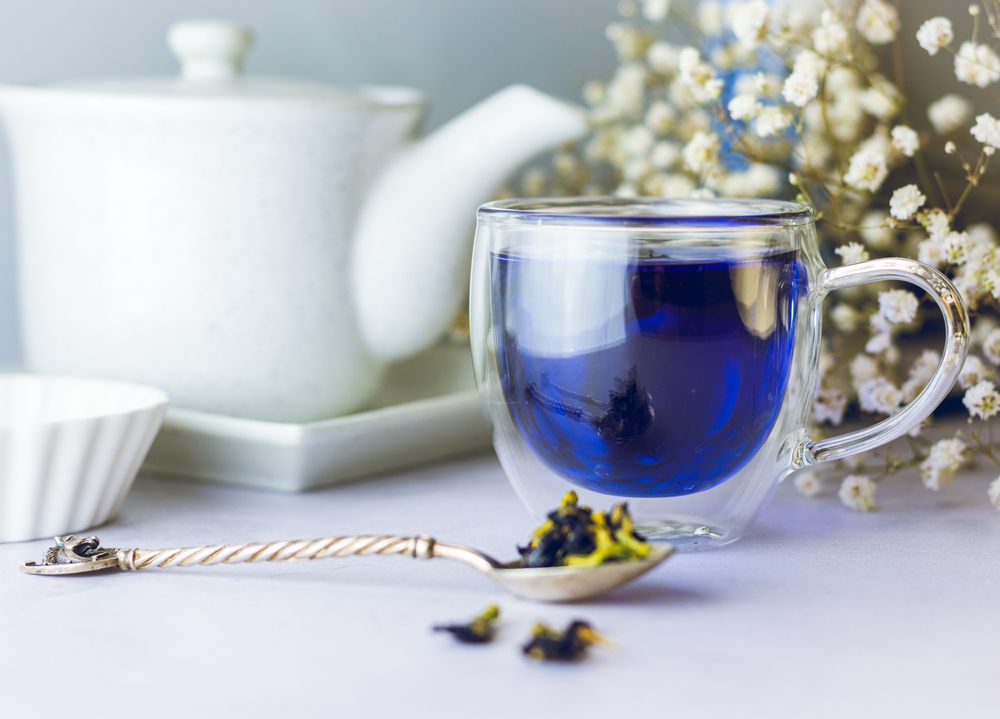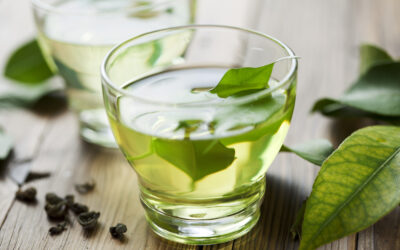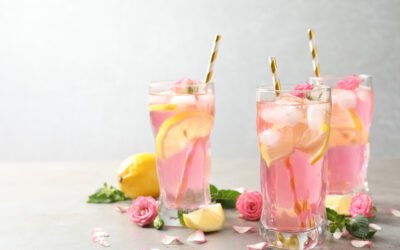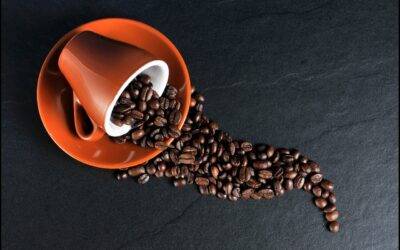Drinking jasmine tea has many benefits. Hardly any type of herbal tea can match the sophistication and elegance of a cup of jasmine tea. This queen of fragrant leaves is a category in itself. So, today we will be telling you about Does Jasmine Tea Have Caffeine.
Jasmine is not only the most commonly used flower in the perfume industry, it is always a favourite in the world of aromatic teas as well.
It can be mixed with delicate white tea, fresh green tea leaves, strong and bold black tea, or oolong tea. Learn more about different types of caffeine content and how to prepare the delicious cup of jasmine tea.
A Brief History of Caffeine.
People have used caffeine in various forms from the past thousands of years. According to one legend, the stimulant was discovered by a goat grazer who noticed that animals exhibit more energy after eating some wild berries.
In 1820, a German scientist named Frederick Ferdinand Range extracted caffeine from coca-legumes, the first known example of a person receiving the most stimulating substance.
How Jasmine Tea Is Made?
To make mixed tea, start from normal base like green, black or white tea leaves, and mix them with the favourite taste.
When tea makers develop jasmine tea, they usually use green tea base and scent the leaves with jasmine flowers. This process takes place in the evening as jasmine flowers produce their fastest smell after sunset.
Tea makers place flowers in layers on leaves so that flowers can leave their fragrance directly in the tea leaves. This delicate process can be repeated several times for the desired power of the fragrance of the tea.
Does Jasmine Tea Contain Caffeine.
Pure jasmine tea does not contain caffeine at all. However, jasmine is often mixed with other teas. It is added to various mixtures to enhance taste, add benefits and make tea really unique.
Therefore, jasmine tea is usually called aromatic, mixed or flavoured green tea. Since all real kamya sinensis tea contains caffeine, jasmine tea will also contain caffeine.
In fact, it will have caffeine similar to pure tea. Expect 20 to 60 mg of caffeine per cup depending on the type of tea and how many tea leaves you use.
Caffeine in tea depends on a number of factors, from tea varieties to rising conditions and processing methods. How you drink your tea leaves will also have an impact on the final caffeine content.
Expect more caffeine in tea that contains more tips and smaller leaves, such as downy jasmine needle tea.
One of the most unique jasmine teas, purple jasmine, rare purple tea and jasmine is a mixture of green tea. Purple tea contains less caffeine than green tea, but has high levels of antioxidants.
The mixture of various jasmine teas will have less caffeine than pure jasmine. Herbal tea is rarely used as the basis for jasmine tea, however when it is made, there is no caffeine in the tea mixture.
| Read Now: How To Prepare Ginger Tea For Diabetes? |
Jasmine Tea Contains How Much Caffeine?
More than 60 different plants produce caffeine naturally, but the ingredients are also artificially made. In its most distinct form, caffeine presents itself as a bitter white powder.
Most people are familiar with caffeine as a stimulant that makes the brain feel more alert even during periods of lethargy.
Since most jasmine mixtures are made with green tea, they contain less caffeine than black tea or coffee. Particularly, an 8-ounce cup of jasmine green tea contains about 25 mg of caffeine which is about a quarter the amount found in a cup of coffee.
On the contrary, an herbal jasmine tisane does not contain caffeine, and a jasmine mixture made of black tea contains about 45 grams. The Mayo Clinic advises that a healthy adult can consume up to 400 mg of caffeine safely each day.
How To Make Caffeine Free Jasmine Tea?
Due to the unique taste of Jasmine tea, it has become favourite and people love to enjoy it in their own way. Whether it’s hot cups or cold, drink normal jasmine tea or with some add-ins. Here’s how you can make a cup of caffeine free jasmine tea.
- At first boil 1 cup of water in a kettle or saucepan.
- Thereafter, add 1 tbsp fresh jasmine tea to a cup/pot and keep it ready.
- Put the boiling hot water in your pot and let it stand for about 10 minutes.
- Strain your fresh drinking tea into your favourite cup and enjoy!!
Never stop experimenting with your cup of tea given its versatility and light taste. So whether you want to add some mint leaves to your tea or a teaspoon of honey/maple syrup, it tastes only with a mixture of those wonderful notes. A squeeze of lemon also complements this tea beautifully.
Bottom Line.
Pleasant moments in life are only for taste, but in today’s hectic world, slowing down the pace of joy and happiness also it can be a difficult effort.
Tea helps us learn how to live in the present and practice gratitude for tiny daily indulgences. While taking a hot sip of jasmine tea, pay attention to its beautiful taste and let yourself discover different notes of nectar.
+2 Sources
-
Freaktofit has strict sourcing guidelines and relies on peer-reviewed studies, educational research institutes, and medical organizations. We avoid using tertiary references. You can learn more about how we ensure our content is accurate and up-to-date by reading our editorial policy.
- Sea Buckthorn – Uses, Side Effects, and More; https://www.webmd.com/vitamins/ai/ingredientmono-765/sea-buckthorn
- Downy Jasmine Needle Tea – Green Tea – High Caffeine – Simple & Elegant; https://shop.simplelooseleaf.com/products/downy-jasmine-needle

 Workout
Workout
 Meditation
Meditation
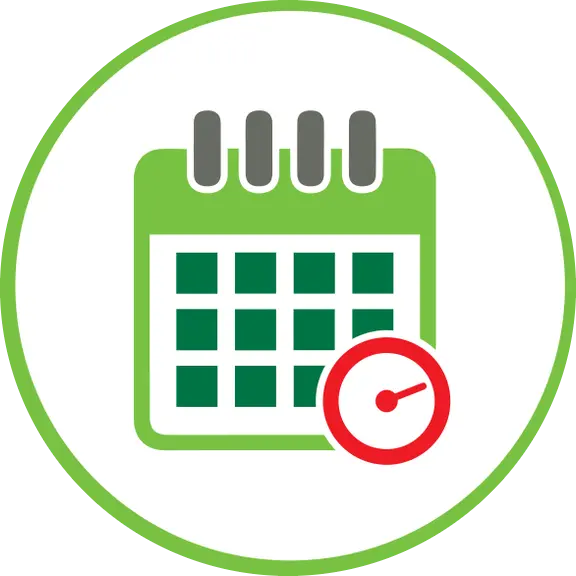

 Stories
Stories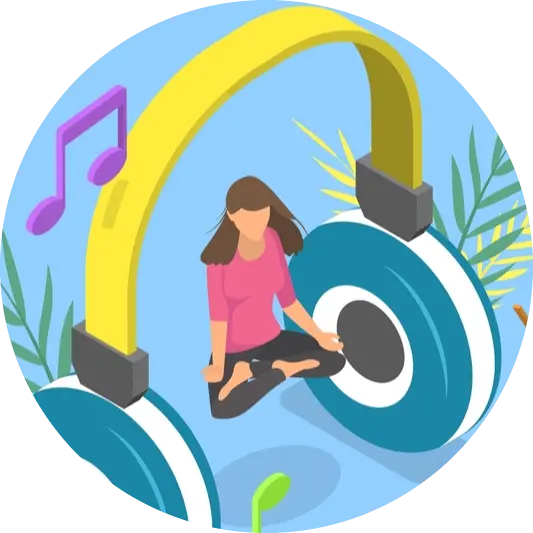


 Podcast
Podcast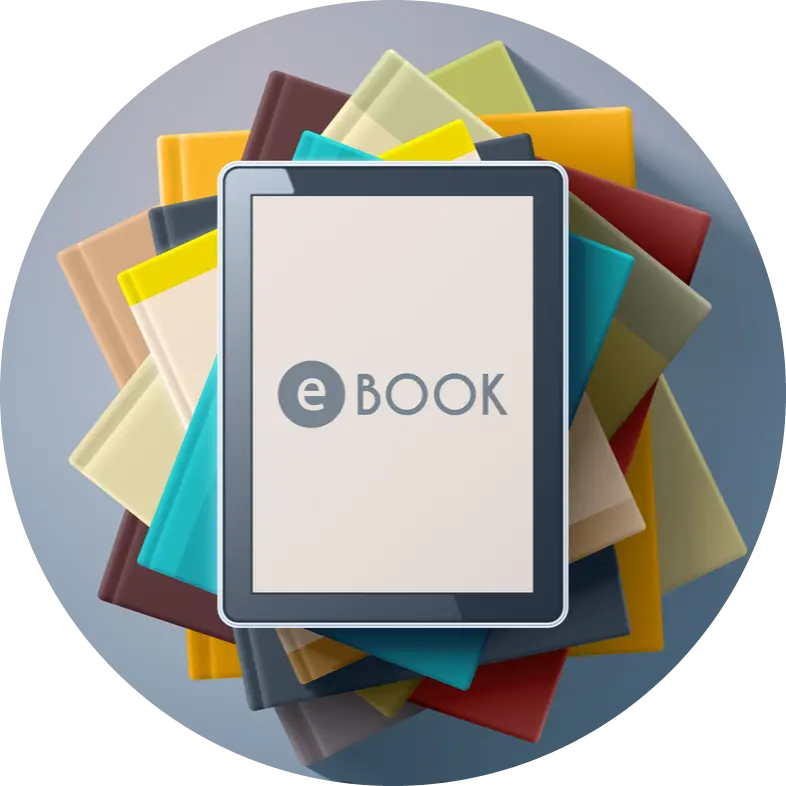 E-book
E-book